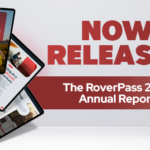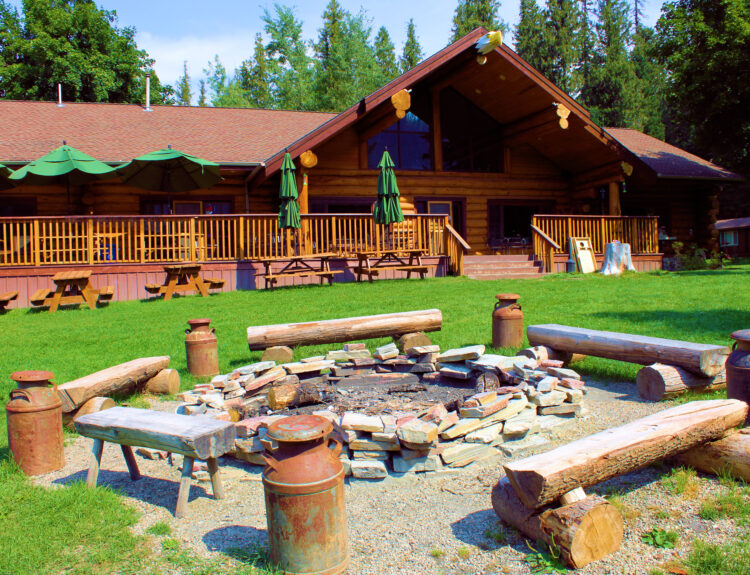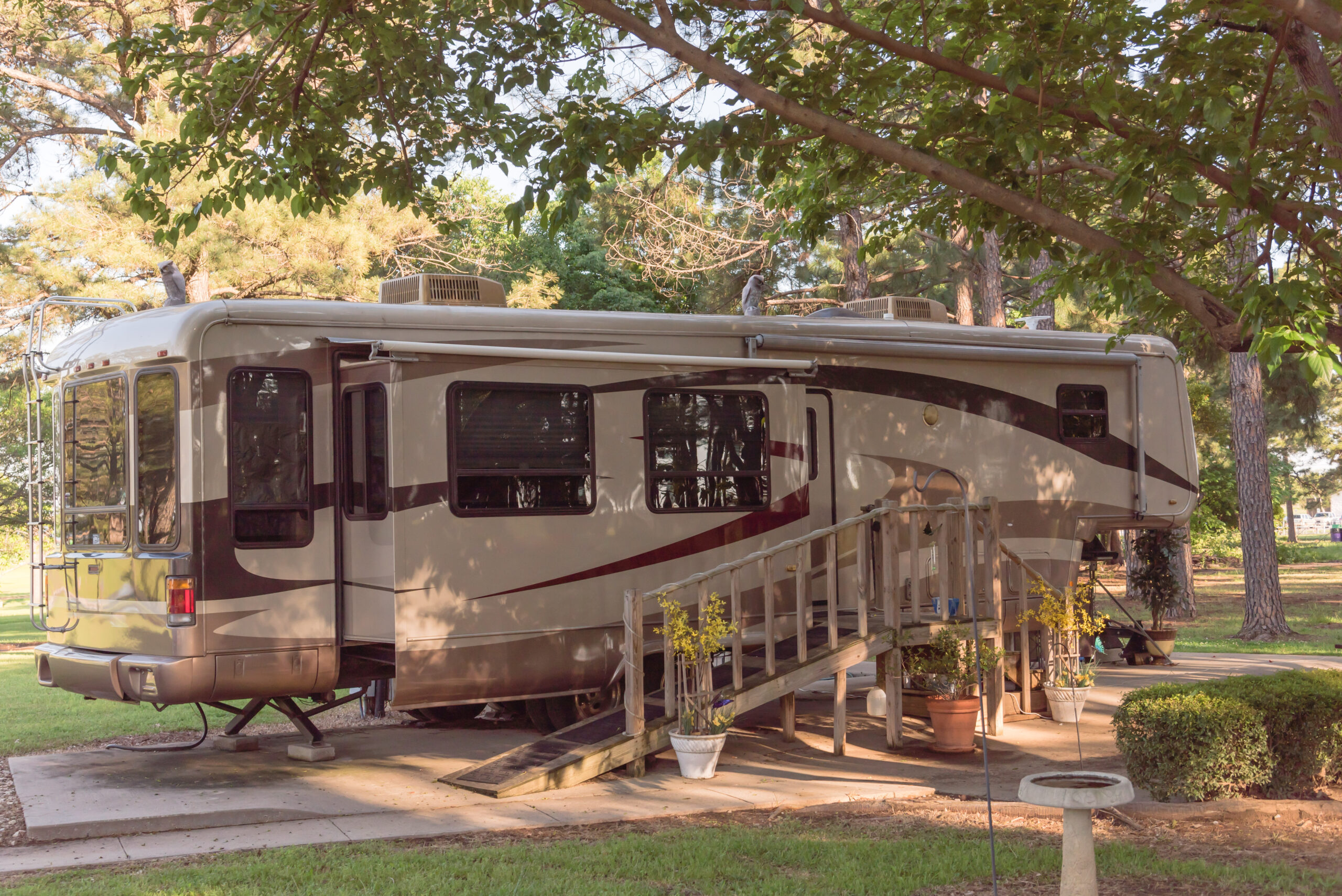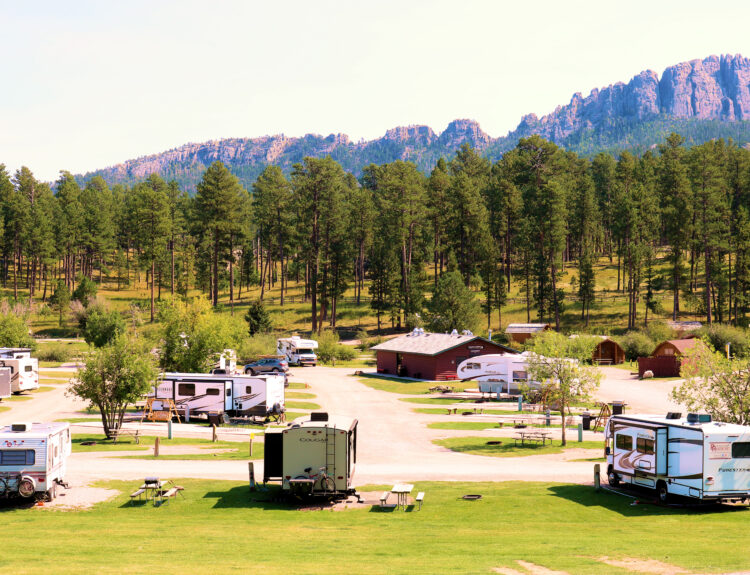Search Engine Optimization (SEO) is essential for campgrounds and RV parks looking to increase visibility, attract more guests, and drive direct bookings. With travelers searching for campsites online, ranking higher in Google Search and Google Maps can significantly impact the business.
This article covers essential SEO strategies, including local search optimization, content marketing, technical SEO, and backlink building. By implementing these tactics, campground owners can reduce dependency on third-party booking platforms, improve search rankings, and convert more website visitors into paying guests.
Key takeaways
- Local SEO optimization helps campgrounds rank higher in Google Maps and “near me” searches.
- Mobile-first indexing means your website must be fast, responsive, and mobile-friendly.
- Content marketing and backlinks improve search rankings and establish credibility.
- Technical SEO, including site speed and structured data, enhances search performance.
- Google Business Profile and reviews play a crucial role in local search rankings.

Why SEO is Essential for Campgrounds and RV Parks
SEO is no longer optional for campgrounds that want to increase online bookings and reduce reliance on Online Travel Agencies (OTAs). A well-optimized website helps your campground appear at the top of search results when potential guests look for places to stay.
Investing in SEO can lead to higher rankings, more website traffic, and increased direct reservations. This means keeping more of your revenue instead of paying high commission fees to third-party platforms.
The Rise of Online Bookings for Campgrounds
More travelers than ever are using search engines to find and book campsites. A strong online presence ensures your campground gets noticed.
- Most travelers search for campgrounds online, making SEO a critical strategy for visibility.
- A well-optimized website reduces reliance on third-party booking platforms, keeping more revenue in your pocket.
- Mobile searches for “campgrounds near me” have skyrocketed, emphasizing the need for a strong local SEO strategy.
How SEO Affects Direct Reservations
Ranking higher in search results means more potential guests find your campground, leading to more bookings.
- Higher search rankings = more traffic and direct reservations.
- SEO builds trust and credibility by ensuring your site appears in top results, making guests more likely to book directly.
- Optimized websites convert visitors into guests, providing a seamless booking experience.
Keyword Research for Campgrounds and RV Parks
Choosing the right keywords helps your website rank when potential guests search for RV parks and campgrounds. This section covers keyword selection and placement strategies.
Finding the Right Keywords for Your Campground
Keyword research helps you identify terms travelers use when searching for campgrounds. The right keywords increase visibility and drive qualified traffic to your website.
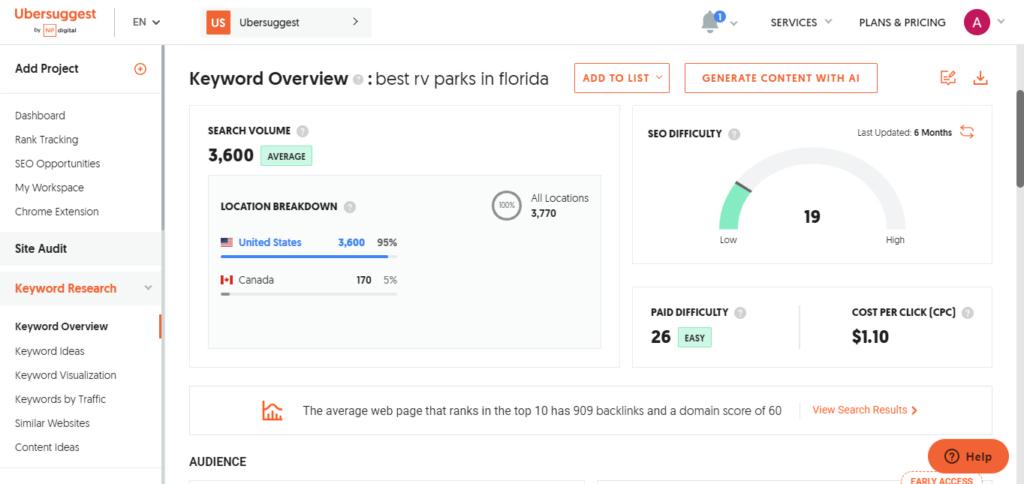
Here’s how to find the best keywords:
- Use keyword research tools like Google Keyword Planner, Ahrefs, or Ubersuggest to find terms people search for.
- Focus on location-based keywords like “best RV parks in [your state]” or “family-friendly campgrounds near [landmark]” to attract nearby travelers.
- Check competitor websites to see what keywords they rank for and find gaps you can target.
Why Focus on Long-Tail Keywords?
Long-tail keywords are specific phrases like “best pet-friendly RV parks in Florida” instead of broad terms like “RV park.” They might have fewer searches, but they:
- Attract the right audience—travelers looking for exactly what you offer.
- Have less competition, making them easier to rank for.
- Lead to more bookings because people searching for detailed terms are more likely to make a reservation.
Optimizing Your Website with Keywords
Once you have the right keywords, you need to place them strategically throughout your website. Using keywords the right way helps search engines understand your content and rank your site higher.
When optimizing a page, focus on one main keyword that represents the primary topic of that page. Then, incorporate several secondary keywords that support the main keyword and cover related search terms. This ensures that your content remains focused while still capturing a wider range of search queries.
Here’s where to include your keywords:
- Page titles and meta descriptions: These appear in search results and should include your main keyword.
- Headings (H1, H2, H3, etc.): Use keywords naturally in headings to improve readability and SEO.
- Image alt text: Add descriptive keywords to image file names and alt text to boost search rankings.
Avoid Keyword Stuffing
Keyword stuffing is when you overuse keywords in an unnatural way to manipulate search rankings. This can hurt your SEO and make your content hard to read.
Example of keyword stuffing:
“If you’re looking for the best RV park in Texas, our RV park in Texas is the best RV park in Texas for camping.”
Instead, use keywords naturally within high-quality, engaging content. Search engines prioritize useful, well-written content over pages overloaded with repetitive keywords. Focus on readability and user experience while keeping your keywords relevant.

Local SEO: Getting Found in “Near Me” Searches
Local SEO ensures that the campground appears in Google Maps and location-based searches, making it easier for nearby travelers to find and book a stay. Google prioritizes businesses with strong local SEO, so focusing on this strategy can significantly boost bookings. Partnering with a top-notch SEO Perth company con enhance your local strategy and increase visibility in location-based searches.
Optimizing Your Google Business Profile
A well-optimized Google Business Profile (GBP) is essential for ranking in local searches.
- Ensure your name, address, and phone number (NAP) are accurate.
- Encourage guests to leave Google Reviews, higher ratings improve rankings.
- Add high-quality images and videos showcasing your campground’s amenities and experiences.
Listing Your Campground in Directories
Online directories improve your campground’s credibility and visibility.
- Get listed on major camping directories like RoverPass, Campendium, and The Dyrt.
- Ensure consistency across listings on TripAdvisor, Yelp, and local business directories.
- Monitor and update directory information regularly to keep details accurate.
Adding Location-Specific Keywords
Geo-targeted keywords help your campground rank for location-based searches.
- Use phrases like “RV park near Yellowstone” or “best campgrounds in Arizona” in website content.
- Create dedicated location pages for campgrounds with multiple sites.
- Include local landmarks and attractions in content to improve local search relevance.

Creating SEO-Optimized Content for Your Campground Website
Content marketing is one of the most effective long-term SEO strategies. By publishing high-quality content, campground owners can attract visitors, improve search rankings, and build credibility.
Writing blog posts and travel guides
A campground blog can attract new visitors and improve rankings.
- Publish local attraction guides, road trip tips, and camping advice.
- Use internal linking to connect blog posts to booking pages.
- Optimize blog content with relevant keywords to increase search visibility.
Optimizing Service Pages for SEO
Service pages should be detailed and optimized for search engines.
- Create individual pages for RV sites, cabins, and amenities.
- Use structured data (schema markup) to improve search visibility.
- Include high-quality images and descriptions to enhance the user experience.
Using Images & Videos to Boost SEO
Visual content can improve engagement and rankings.
- Optimize images with descriptive file names and alt text.
- Add 360° virtual tours or video walkthroughs of your campground.
- Use YouTube videos with SEO-friendly titles and descriptions to attract more visitors.
Technical SEO: Enhancing Site Speed & User Experience
A slow, unresponsive website hurts rankings and leads to lost bookings. Improving technical SEO enhances user experience and search performance.
Improving Page Speed
Site speed is a critical ranking factor.
- Compress images and enable caching for faster load times.
- Use a Content Delivery Network (CDN) to distribute content efficiently.
- Remove unnecessary plugins that slow down your website.
- Optimize Core Web Vitals (page speed, interactivity, and visual stability) for better rankings.
Make Your Site Secure and Accessible (HTTPS & Alt Texts)
Security and accessibility impacts SEO.
- Use HTTPS encryption to improve security and trust.
- Ensure all your images have proper alt text

Building backlinks and off-page SEO for higher rankings
Backlinks from trusted websites increase domain authority and boost search rankings.
How to Get Backlinks from Travel Websites
- Submit guest posts to camping blogs and outdoor travel sites.
- Partner with local tourism boards for backlinks and directory listings.
- Get featured in “best campgrounds” lists by reaching out to travel bloggers.
Leveraging Social Media for SEO
Social media signals can improve website traffic and search rankings.
- Share blog posts on Facebook, Instagram, and Pinterest.
- Use YouTube videos with SEO-optimized descriptions.
- Encourage user-generated content and campground reviews to increase engagement.
Connecting with Journalists to Get Featured in Publications
One of the most effective ways to earn high-authority backlinks is by getting featured in news articles, travel magazines, and outdoor industry publications. Journalists and bloggers are constantly looking for subject-matter experts on camping, RVing, and outdoor travel.
- Pitch your expertise to outdoor publications and offer insights on campground trends, RV travel tips, or seasonal camping recommendations.
- Respond to media requests quickly with valuable insights to increase your chances of being quoted and linked back to your website.
- Monitor industry news and reach out to journalists directly when you see relevant camping or travel stories being written.
Boost Direct Bookings with an SEO-Optimized Website
SEO is a game-changer for campgrounds and RV parks looking to increase direct bookings and reduce reliance on OTAs. However, the goal of SEO is to create a fast, mobile-friendly, and user-friendly website that converts visitors into paying customers.
A poorly optimized website can cause slow loading times, high bounce rates, and lost bookings. That’s why having a website designed with SEO best practices built in is crucial for long-term success.
With the help of RoverPass, you get a professionally designed, SEO-optimized website that helps your campground rank higher in search results, attract more visitors, and generate more direct bookings.
Start optimizing your website with RoverPass premium website building solution today to get more visibility, more bookings, and more revenue.
Frequently Asked Questions
How long does SEO take to work?
SEO is a long-term strategy. Most websites see results within 3–6 months, but significant improvements may take a year.
What are the best free SEO tools?
Popular free SEO tools include Google Search Console, Google Keyword Planner, and Ubersuggest. On the other hand, while Ahrefs Webmaster Tools and Moz Keyword Explorer are not free, they offer some free components too.
How often should I update my website for SEO?
Regular updates are essential. Refresh content every few months, add new blog posts, and optimize pages for performance.
Does social media affect SEO?
While social media doesn’t directly impact rankings, sharing content on social platforms increases visibility and backlinks.
Should I do SEO myself or hire an expert?
If you have the time to learn SEO, you can do it yourself. However, hiring an SEO expert can accelerate results and maximize effectiveness.


